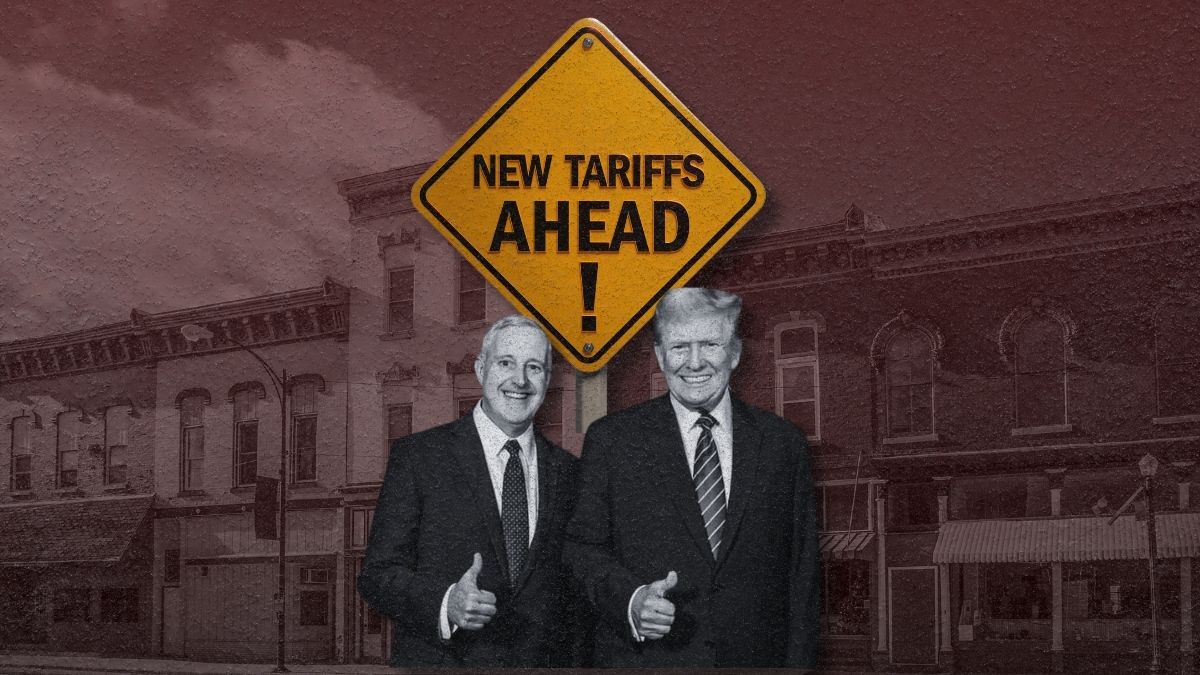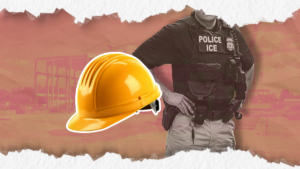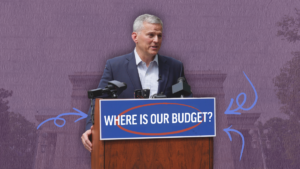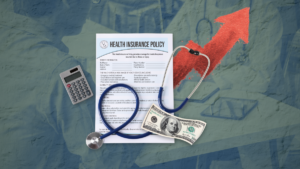Trump’s tariffs are causing a significant amount of uncertainty for small business owners across the country, forcing them to lay off employees and increase prices for their products.
“It’s to the point now where it could kill us, it could take us down, and I could lose everything. … Being a small business owner isn’t worth it when your country turns on you,” Jared Hendricks, the CEO of Village Lighting, a small business selling Christmas products, told CNBC.
Village Lighting is just one of many small businesses that are struggling under Trump’s global trade war. In North Carolina, businesses like Smoky Mountain Coffee Roasters are having to deal with a “triple whammy”: losses due to Hurricane Helene, a poor coffee crop last year, and the Trump administration’s tariffs.
Joshua Esnard, a Pittsboro entrepreneur, told NC Newsline that to keep his product in major retailers, he has already spent over $600,000 on tariffs this year, when he had anticipated spending no more than $80,000.
The crippling costs of Trump’s tariffs have also led Esnard to take out merchant cash advance loans to cover the unexpected tariffs.
“This is subprime happening again,” Esnard, CEO and founder of Cut Buddy, told NC Newsline. “All of us are taking out loans to pay for these tariffs.”
Similar to other small businesses, Esnard has also reduced staff in order to avoid shifting the cost of tariffs to consumers.
Despite small business owners and industry leaders highlighting the negative impact of Trump’s tariffs, Republicans have been vocal supporters. In an interview, North Carolina Senate candidate Michael Whatley called Trump’s trade war “record-setting in terms of effectiveness” and said he supports it “wholeheartedly”.
Congressional Republicans have also rejected Democratic lawmakers’ attempts to intervene.
For owners like Esnard, the nation’s highest court’s decision on whether Trump can impose tariffs on nearly every product imported will be an important one. Three lower courts have ruled that Trump’s use of emergency powers to impose worldwide tariffs was illegal.
According to NC Newsline, opponents from across the political spectrum argue the tariffs amount to taxation, a power granted by the U.S. Constitution only to Congress, not the president.
Now, the U.S. Supreme Court, with three Trump-appointed justices, will have the final word.





